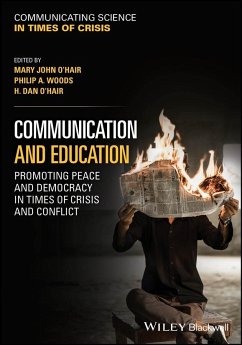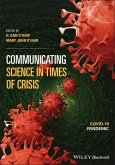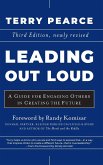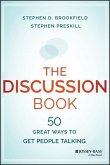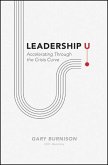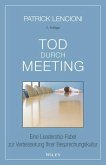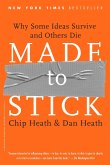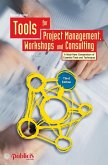A timely and insightful exploration of the vital relationships among effective communication, education, peace, and democracy
Communication and Education: Promoting Peace and Democracy in Times of Crisis and Conflict explores the complexities of addressing divisive societal challenges, reducing conflicts, and building and sustaining peace and democracy around the world. Contributions by an international panel of experts provide evidence-based practices, findings from ongoing research projects, policy analyses, and cutting-edge theories, frameworks, and models for confronting global challenges to peace and democracy.
Examining the crucial role of crisis communication and education on a global scale, this research-based compendium covers a broad range of key topics, such as democratizing education, promoting peace through complexity science, understanding how factionalism threatens democracy, encouraging citizen participation, and more. Throughout the text, the authors highlight the need for equity, compassion, critical thinking, and active engagement to create a sustainable future based on democratic values.
Designed to enhance the knowledge base of crisis communication related to crises impacting education, peace, and democracy, Communication and Education:
_ Explores different strategies and practices for fostering democracy in education, such as the IDEALS framework for creating positive school cultures
_ Discusses emotional geographies in schools and their impact on democratic school climate and teacher burnout
_ Emphasizes empathic communication and participatory skills among teachers
_ Offers practical strategies and examples of harnessing technology for peace and democracy
_ Provides real-world case studies illustrating the transformative power of education, music, diverse perspectives, and open communication channels
_ Examines the ecological interdependence of effective communication, education, democracy and peace
Part of the Wiley Blackwell Communicating Science in Times of Crisis series, Communication and Education: Promoting Peace and Democracy in Times of Crisis and Conflict is essential reading for communication and education scholars, researchers, students, practitioners, and community scientists.
Hinweis: Dieser Artikel kann nur an eine deutsche Lieferadresse ausgeliefert werden.
Communication and Education: Promoting Peace and Democracy in Times of Crisis and Conflict explores the complexities of addressing divisive societal challenges, reducing conflicts, and building and sustaining peace and democracy around the world. Contributions by an international panel of experts provide evidence-based practices, findings from ongoing research projects, policy analyses, and cutting-edge theories, frameworks, and models for confronting global challenges to peace and democracy.
Examining the crucial role of crisis communication and education on a global scale, this research-based compendium covers a broad range of key topics, such as democratizing education, promoting peace through complexity science, understanding how factionalism threatens democracy, encouraging citizen participation, and more. Throughout the text, the authors highlight the need for equity, compassion, critical thinking, and active engagement to create a sustainable future based on democratic values.
Designed to enhance the knowledge base of crisis communication related to crises impacting education, peace, and democracy, Communication and Education:
_ Explores different strategies and practices for fostering democracy in education, such as the IDEALS framework for creating positive school cultures
_ Discusses emotional geographies in schools and their impact on democratic school climate and teacher burnout
_ Emphasizes empathic communication and participatory skills among teachers
_ Offers practical strategies and examples of harnessing technology for peace and democracy
_ Provides real-world case studies illustrating the transformative power of education, music, diverse perspectives, and open communication channels
_ Examines the ecological interdependence of effective communication, education, democracy and peace
Part of the Wiley Blackwell Communicating Science in Times of Crisis series, Communication and Education: Promoting Peace and Democracy in Times of Crisis and Conflict is essential reading for communication and education scholars, researchers, students, practitioners, and community scientists.
Hinweis: Dieser Artikel kann nur an eine deutsche Lieferadresse ausgeliefert werden.

